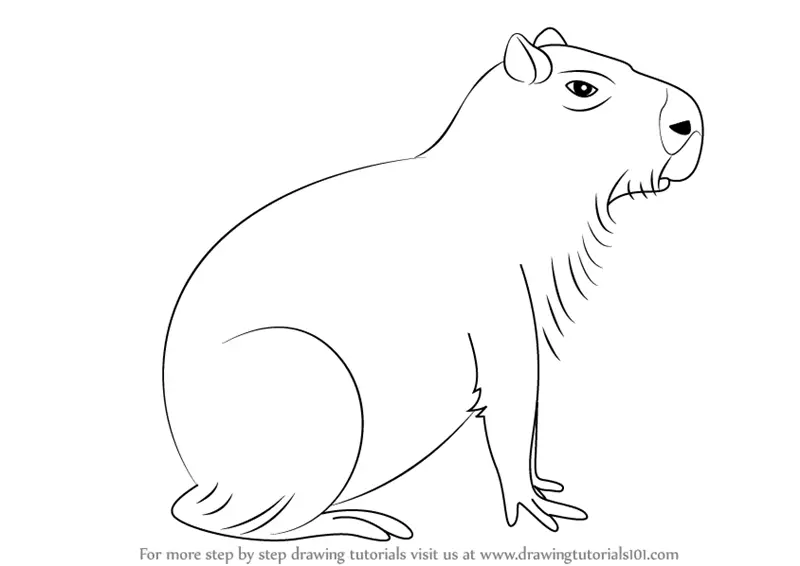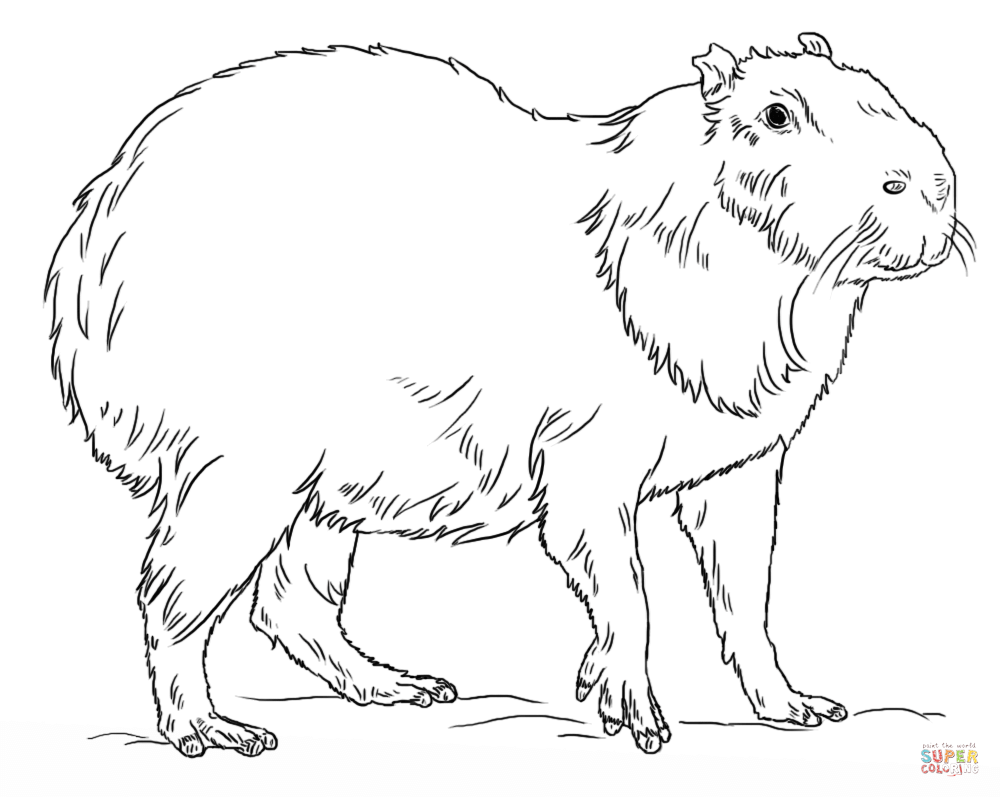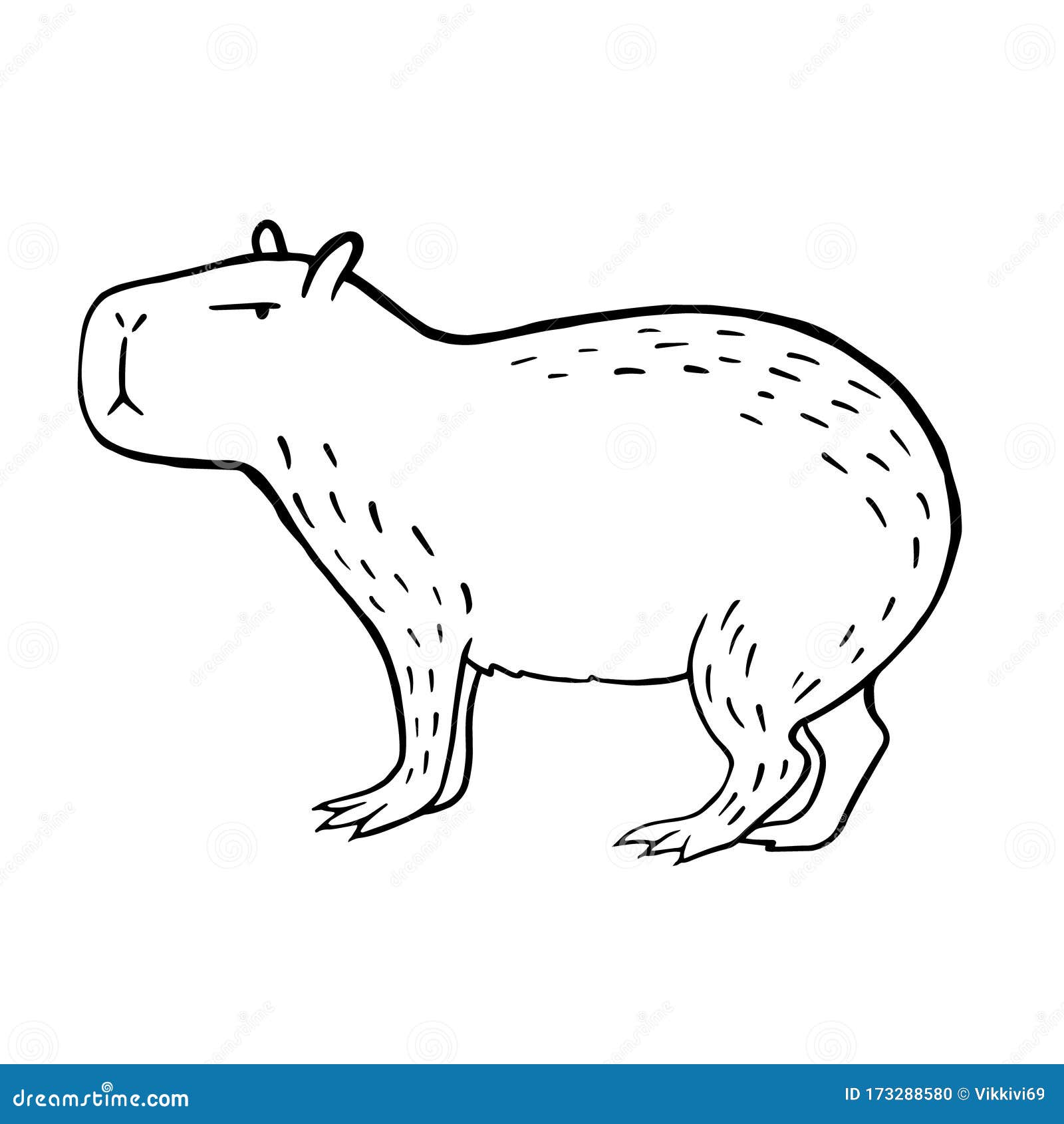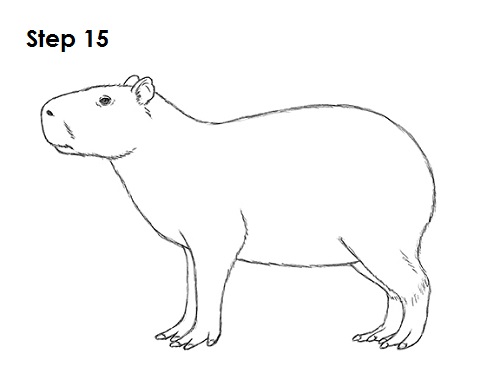
Introduction
The capybara is a fascinating and adorable creature that has captured the hearts of many. With its friendly and gentle demeanor, it's no wonder why people find them so endearing. In this article, we will explore the cute capybara and outline some interesting facts about this unique animal.
Appearance
One of the most noticeable features of the capybara is its size. They are the largest rodents in the world, weighing between 77 to 146 pounds (35 to 66 kilograms) and reaching a length of about 3.9 feet (1.2 meters). Their bodies are stout and barrel-shaped, with short legs and a small, round head.

Habitat
Capybaras are native to South America and can be found in a variety of habitats such as forests, grasslands, and wetlands. They are semi-aquatic animals and are often found near bodies of water, including rivers, lakes, and swamps. These water-loving creatures have adapted to a life both on land and in the water.

Social Behavior
Capybaras are highly social animals and live in groups known as herds. These herds can range in size from a few individuals to as many as 100 capybaras. Living in large groups provides them with protection against predators and enhances their chances of survival. They are known for their friendly nature and often interact with other animals in their environment.

Diet
The diet of capybaras mainly consists of grasses and aquatic plants. They are herbivores and spend a significant amount of time grazing on vegetation near water bodies. Their digestive system allows them to extract the necessary nutrients from plant matter efficiently.

Reproduction
Capybaras have a unique reproductive system. The dominant male in the herd mates with multiple females, ensuring genetic diversity within the group. The gestation period lasts around 150 days, after which the female gives birth to a litter of around four to eight pups. Capybara pups are able to walk and swim shortly after being born.

Interactions with Humans
Given their friendly nature, capybaras have become popular pets in some areas. However, it's important to note that they require specific care and a suitable habitat to thrive. In some regions, capybaras are also hunted for their meat and fur. Conservation efforts are in place to protect these unique animals and ensure their long-term survival.

Conclusion
The cute capybara is a remarkable animal that continues to captivate people around the world. With its unique features, social behavior, and friendly nature, it's no wonder why they are adored by many. By understanding more about these fascinating creatures, we can appreciate and protect them for future generations to enjoy.